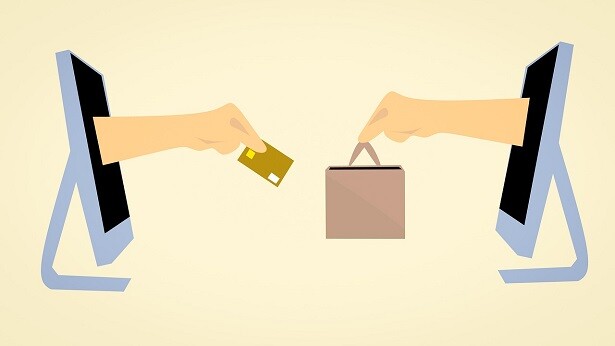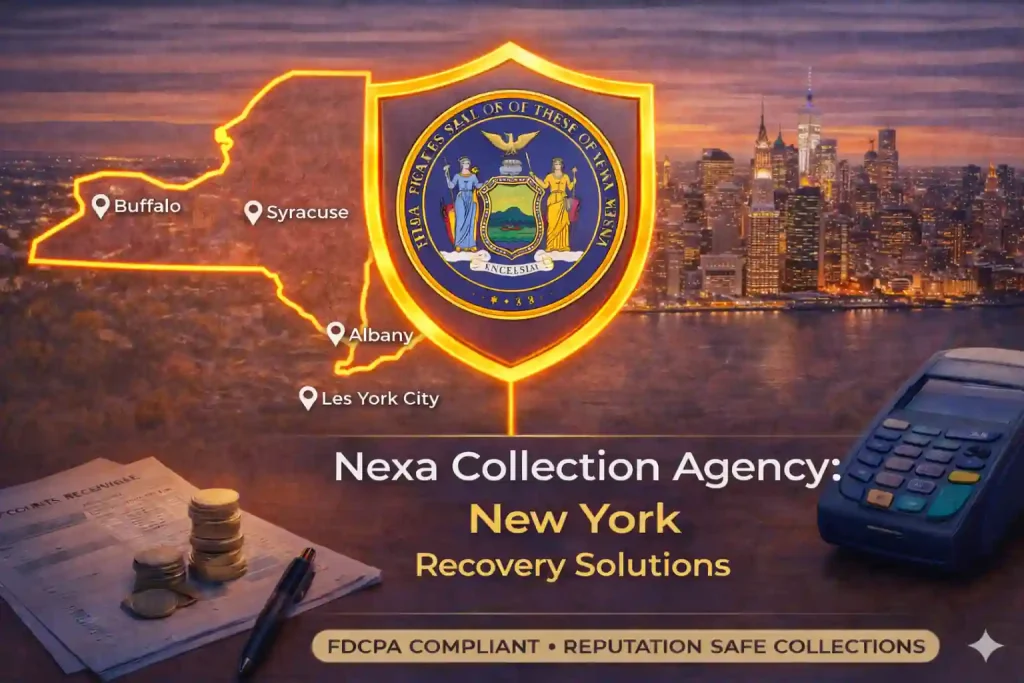
It can start with small things. A purchase from Amazon here. An order from Walmart there. Each time you go online and buy something after that, it starts to add up. Before you know it, you can find yourself in credit card debt, with financial problems, and spending way too much time browsing the latest online sales.
| These sales banners are intentionally designed so you spend more money: “HUGE SALE“, “LIMITED-TIME DEAL“, ” HEAVY DISCOUNTS“, “50% OFF“, “INSTANT DISCOUNT“, “EARN 100 POINTS“, “JUST LAUNCHED“, “CHRISTMAS SALE” and “EARN CASHBACK“. They manipulate your brain and trick you into unnecessary shopping. |
Impulse buying is a huge problem, especially among middle-aged to the younger generation. This habit is literally drowning people in debt. People are investing less in hard assets like home and wealth creation engines like stocks and bank CD’s. Instead people are constantly shopping online, stuff which they really never needed. The moment you see a new product online or discount of 50%, your impulse shopping urge takes over. These are all depreciating assets and pushing people towards a financial disaster.
In today’s world, where everything we need is just a click away, it is easy to get caught up in a serious online shopping addiction. If this has happened to you or even if you can see yourself getting to that point, there is no better time than now to break your bad online habit. Here are 14 ways to control online shopping addiction.
1. Develop a different addiction – A positive one !!
What was your hobby 10 years back, restart it !!
Sports: Go for real outdoor activities like Tennis, Health club, Swimming or Cycling.
Easier activity: Go for a short walk many times a day.
Participate in community service events. Talk more to friends or your kids.
Start going to church or help the poor.
2. Bhutan is the happiest country.. Why?
The Himalayan nation of Bhutan is the happiest country in the world and their people have almost nothing fancy. They are fairly poor by international standards and live a very ordinary life. They mingle with each other and cherish their social bonds.
More things, give you more stress, something which we people in Western nations are continuously forgetting.
When your friend shows off their newest purchase, just feel happy for them instead of feeling sorry for yourself for not having it. Do you really need it, can’t you live without it? Since when did you start living for others?
3. Track Your Spending
The first thing you should do when you think (or know) that your online shopping addiction is a problem is getting a hold of your finances. You need to track every dollar you spend, especially online, and figure out just how big a problem you have. Dealing with the stark financial reality of a shopping addiction head-on may be enough to help stop or slow your spending in and of itself.
4. Remove Your Cards
One of the reasons online shopping is so easy to get addicted to is because it is so easy. With just a few clicks you can have that brand new (fill in the blank) ordered, paid for, and on its way to your house, ordered placed in under 30 seconds. If you stop storing your credit cards on your favorite shopping sites, at least that will slow the process down a little. Having to stop and put in your credit card info every time you order will make you think about if the purchase is really worth it.
5. Block Your Favorite Shopping Sites
If you know you should stop shopping on your favorite websites but are honest enough to know you do not have the willpower to do it alone, then the best idea is to block your preferred shopping sites. If you do it yourself you can always unblock them but at least you will have to really think about it before you do it. If you want to go a step further, have a friend or family member block it for you and not tell you the password to get it back.
6. Delete Shopping Apps from Your Phone
All those iPhone and Android phone notifications are designed to make you spend money on them. The 24/7, anywhere you are access to online shopping is a big reason it can become so addictive. Taking your favorite shopping apps off your phone will make it so you are not able to shop online all hours of the day. While it may not stop it entirely, at least you will have to make a purposeful trip to your computer to shop instead of doing it without thinking on your phone.
7. Unsubscribe from Promotional Emails
Just when you think you have your addiction out of control, you hear that familiar ping of an email hitting your inbox and you see that your favorite retailer just put out an incredible promotional deal on something you have been eyeing for a long time! Emails like this can counteract lots of hard work trying to get your addiction under control. Unsubscribing from promotional emails is like not watching Food Network when you are trying to lose weight. There is no need to expose yourself to that level of temptation
8. Know Your Triggers
Online shopping addictions are not due to material needs, they are due to an emotional need. Something in your life makes you feel bad and online shopping helps you feel (temporarily) good. Things like boredom, anxiety, anger, or other negative emotions can be your trigger to online shopping. Learn what these are and how to recognize them so when your trigger comes up, you know online shopping is not the answer and can try to deal with them in other, more positive ways.
9. Find Another Source of Entertainment
We are so used to constant stimulation in today’s world that when we find ourselves with nothing to do, we turn to technology to keep us entertained. Online shopping may be a way that you combat boredom during the downtimes in your day. If this happens to you, plan your entertainment so you do not automatically default to online shopping. Reading a book, watching a movie, or playing a free game are all great things to plan to do when you know you will have downtime instead of online shopping.
10. Get Rid of Your Cards Entirely
Bank Credit, Debit Cards or newer Apps like Apple pay, Paypal or Google Pay are designed to make your shopping easier. When people used pure cash, debt was not much of a problem.
The blessing and the curse of online shopping are that it is all done by card or electronic bank account. You never have to physically take cash out of your pocket. If you are really struggling with online shopping addiction, cut up and cancel your credit cards and go totally cash-based. It is extreme but the truth is, you can get everything you need to live in the real world with cash and it will stop your ability to online shop entirely.
11. Declutter
If you have an online shopping problem, chances are you have a ton of “stuff”. Before you make your next purchase, go through all that stuff and see what you have. Get rid of stuff you do not need and discover “new” things you bought and forgot about. When you take inventory of what you really have, the inclination that you need more things may start to dissipate.
12. Set a Big Financial Goal
Online shopping addiction is usually “death by 1,000 paper cuts”. This means that it is usually made up of many small purchases that ultimately lead to big financial problems. If this is something you are experiencing, one way to combat it is to set a big financial goal. Decide you are going to save up for something big and expensive and every time you online shop for a small purchase, remember that it is hindering your ability to get the big prize.
13. Play Different Challenges
There are a lot of different challenges and mind games you can play with yourself to help control online shopping addictions. Get involved like the 30-day challenge where every time you go to buy something you put a not on the calendar 30 days out. If you still need or want it then, you can go ahead and buy it. Or, there is the No New Clothes Challenge. This is a challenge where you try and wear a different outfit every day for a month with just what you already own and nothing new.
14. Get Professional Help
All these ways are great to start to control online shopping addiction but remember, it can be a true addiction. If you are struggling to control your online shopping and none of these tricks are helping, there is no shame in seeking professional help. It is the best way for you to kick the habit for good and get yourself to a better place in life.

